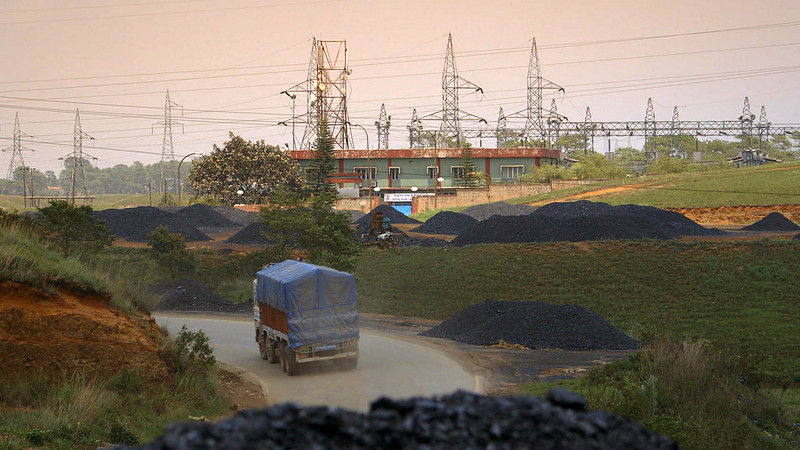Not so long ago, the International Energy Agency predicted India’s coal demand would more than double by 2040.
Before the coronavirus pandemic hit, coal generators were already struggling financially, with solar power proving to be an aggressive competitor.
The Covid-19 lockdown has thrown the advantages of renewables into sharp relief. With no fuel supply chain to worry about and priority access to the grid, solar is not just clean and cheap, it’s resilient too.
Analysts now tell Chloé Farand installed coal capacity could peak this decade, with the right government policies.
This week’s stories…
- Coronavirus lockdown speeds India’s shift from coal to solar power
- South Korean government backs $2 billion bailout to coal company, despite green finance pledge
- Amazon faces ‘perfect storm’ of forest clearance, coronavirus and wildfire
…and climate conversations
- How the coronavirus recovery effort can support a European Green Deal – Valerio Micale and Rob Macquarie
- After the oil crash, we need a managed wind-down of fossil fuel production – Cleo Verkuijl, Ivetta Gerasimchuk and Niklas Hagelberg
- Five ways for governments to green airline bailouts – Dan Rutherford
Like wildfire
The unofficial roads laid to extract timber, cattle and gold from the Amazon rainforest are also spreading coronavirus to communities with minimal healthcare facilities.
Manaus, the biggest city in the region, and indigenous peoples have been hit hard by the Covid-19 pandemic.
A spike in deforestation January-March and dry weather forecast create the conditions for a severe forest fire season, experts warn, generating smoke that threatens to make the respiratory disease even deadlier.
Bailout watch
South Korea’s government won a recent election on a Green New Deal platform, including a pledge to end public finance to coal.
Why then is it backing a $2 billion coronavirus bailout to Doosan Heavy Industries, the country’s biggest manufacturer of coal plant technology?
The fastest way for Doosan to make a cash return is to sell polluting coal power stations to other countries, accelerating climate breakdown, campaigners say. They have politely asked the country’s audit board to check the numbers.
